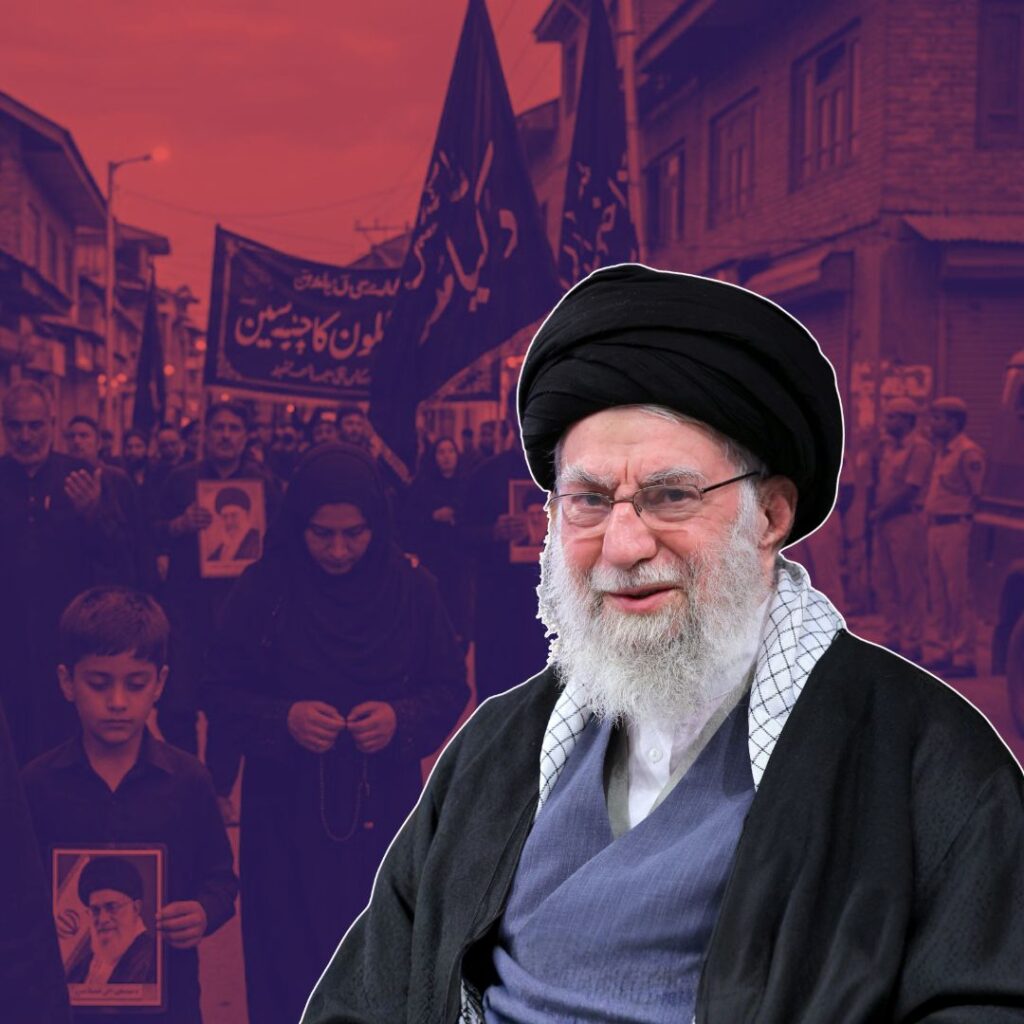In a recent development, Union Minister of State for Home Affairs Ajay Kumar Mishra announced that the rules for the Citizenship (Amendment) Act (CAA) will be formulated by the end of March 2024. This statement was made during an address to the Matua community in Thakurnagar, West Bengal’s North 24 Parganas district.
The CAA, enacted in 2019, provides a pathway to citizenship for non-Muslim refugees from Pakistan, Bangladesh, and Afghanistan who have faced religious persecution in their respective countries. The Act mandates that these individuals must have resided in India for at least six years and entered the country before December 31, 2014.
The formulation of CAA rules has been long-awaited by the Matua community, a significant portion of whom are eligible for citizenship under the Act. The Matuas, a Hindu community with roots in Bangladesh, have faced religious persecution in their native country and have sought refuge in India for decades.
Mishra assured the Matua community that they would receive full citizenship rights and that no action would be taken against them in the absence of proper documentation. This assurance is particularly important for Matuas who may lack the necessary paperwork to prove their residency in India, reported India Today.
What Is CAA?
While the CAA has been criticized for excluding Muslims from its provisions, the government has maintained that the Act is aimed at addressing the plight of persecuted minorities in neighboring countries. The formulation of CAA rules is expected to provide clarity and guidance on the implementation of the Act and address the concerns of those seeking citizenship under its provisions.
The Citizenship (Amendment) Act, 2019 (CAA) was enacted on December 11, 2019, amending the Citizenship Act, 1955. The amendment provided an expedited route to Indian citizenship for persecuted religious minorities from Afghanistan, Bangladesh, and Pakistan—specifically Hindus, Sikhs, Buddhists, Jains, Parsis, or Christians—who arrived in India before the end of December 2014. Notably, the legislation did not extend this eligibility to Muslims from these countries.
The law faced international criticism for openly using religion as a criterion for citizenship under Indian law. The Bharatiya Janata Party (BJP), the ruling party, had pledged in previous election manifestos to grant Indian citizenship to persecuted religious minorities who had migrated from neighboring countries.
Under the 2019 amendment, migrants entering India by December 31, 2014, and experiencing “religious persecution or fear of religious persecution” in their home country became eligible for citizenship. The amendment also reduced the residence requirement for their naturalization from twelve years to six. Intelligence Bureau records indicated that just over 30,000 individuals would be immediate beneficiaries of the bill.
Also Read: India’s Global Leadership: Annual Conference On Development Priorities Unveiled











